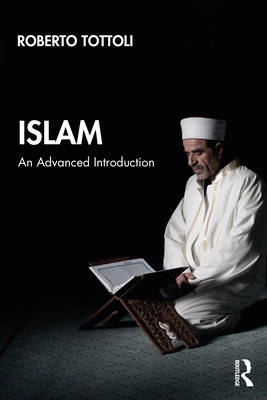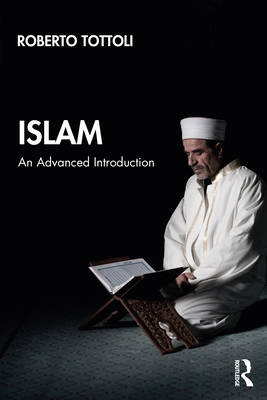
- Retrait gratuit dans votre magasin Club
- 7.000.000 titres dans notre catalogue
- Payer en toute sécurité
- Toujours un magasin près de chez vous
- Retrait gratuit dans votre magasin Club
- 7.000.0000 titres dans notre catalogue
- Payer en toute sécurité
- Toujours un magasin près de chez vous
Description
Exploring complex relations between Muslim visions and critical stances, this textbook is a compact introduction to Islam, dealing with the origins of its forms, from early developments to contemporary issues, including religious principles, beliefs and practices. The author's innovative method considers the various opposing theories and approaches between the Islamic tradition and scholars of Islam.
Each topic is accompanied by up-to-date bibliographical references and a list of titles for further study, while an exhaustive glossary includes the elementary notions to allow in-depth study. Part I outlines the two founding aspects, the Qur'an and Prophet Muhammad, highlighting essential concepts, according to Islamic religious discourse and related critical issues. In Part II the emergence of the religious themes that have characterised the formation of Islam are explored in terms of historical developments. Part III, on contemporary Islam, examines the growth of Islam between the end of the Middle Ages and the beginning of the modern age.
Advanced readers, already familiar with the elementary notions of Islam and religious studies will benefit from Islam that explores the development of religious discourse in a historical perspective. This unique textbook is a key resource for post-graduate researchers and academics interested in Islam, religion and the Middle East.
Spécifications
Parties prenantes
- Auteur(s) :
- Editeur:
Contenu
- Nombre de pages :
- 126
- Langue:
- Anglais
Caractéristiques
- EAN:
- 9780367491109
- Date de parution :
- 28-10-20
- Format:
- Livre broché
- Format numérique:
- Trade paperback (VS)
- Dimensions :
- 156 mm x 234 mm
- Poids :
- 204 g

Les avis
Nous publions uniquement les avis qui respectent les conditions requises. Consultez nos conditions pour les avis.






